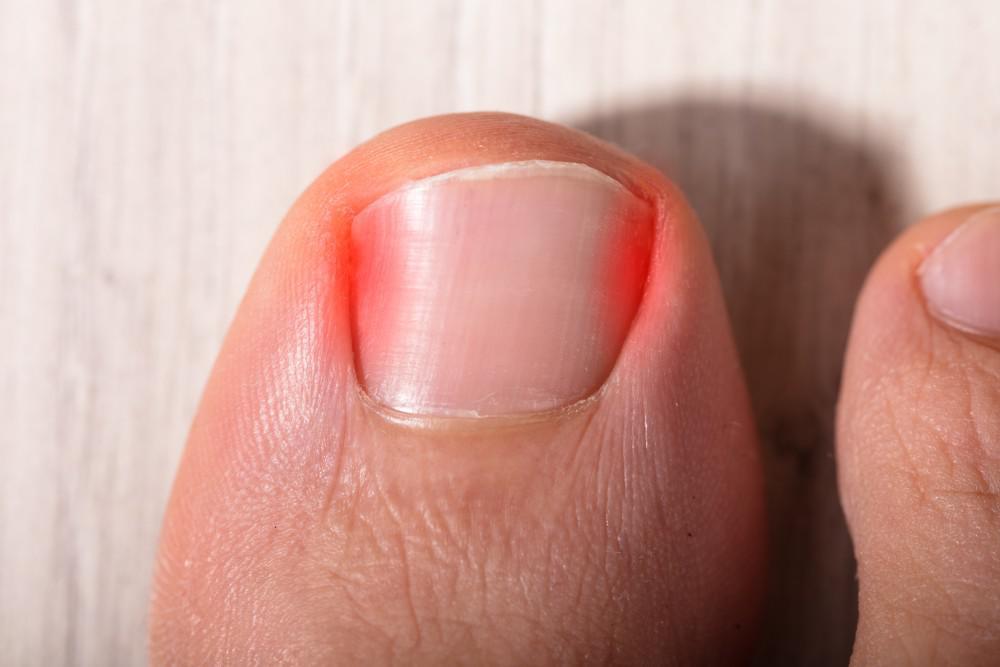
Why You Shouldn't Ignore Your Ingrown Toenails

At first glance, an ingrown toenail seems like a minor problem. The redness, swelling, and pain are temporary and likely to go away on their own, right? Wrong. Your seemingly mild injury can quickly become a throbbing, infected wound. If you’ve noticed an ingrown toenail, you should consider scheduling a visit to the podiatrist sooner, rather than later.
At PMC Foot and Ankle in Spring, Texas, podiatrist Eric Blanson, DPM, can identify a problematic ingrown toenail and provide short- and long-term treatment options.
Causes and effects of ingrown toenails
You might have already seen or experienced an ingrown toenail, or at least heard about them. They occur when the edges of your toenail grow into the skin of your toe, which causes pain and inflammation. The big toes are most commonly affected, but your other toenails can become ingrown as well.
There are a few common causes of ingrown toenails, including:
- Genetic predisposition
- Tight shoes and socks
- Frequently getting your feet wet
- Toenail trauma or injury (dropping something on your toes)
- Cutting your toenails improperly
- Thick or irregular toenails
Older people with thick toenails and teens with sweaty feet are prone to ingrown toenails, but you can get them at any age. While the issue might seem small at first, ingrown toenails can lead to serious complications.
Without proper treatment in the early stages, ingrown toenails can cause:
- Infection of the surrounding skin (or even bone)
- Open sores and ulcers on your feet
- Pus buildup
- Poor circulation in the feet and toes
If you have diabetes, an ingrown toenail can quickly become a seriously infected wound. That’s why it’s important to seek treatment as early as possible.
Ingrown toenail treatments
The first step to treating an ingrown toenail is to identify the symptoms and act quickly. If you notice redness and pain, begin soaking your feet a few times a day in warm water with Epsom salts. Push the skin away from your toenails and apply antibiotic ointment. Avoid wearing tight shoes, and change your socks often.
If the inflammation and swelling don’t improve in the first few days, schedule an appointment with your podiatrist. We can take a look and help you handle the issue before it gets worse. If you’re diabetic, you’re better off visiting your podiatrist right away. Diabetics should be extremely cautious when it comes to foot injuries because the loss of sensation in your feet can make you unaware you even have a problem.
Preventing ingrown toenails
If you want to avoid ingrown toenails in the future, here are a few tips that can keep your nails from growing improperly.
- Make sure to wear proper footwear when moving heavy objects, working with large animals, or playing outside
- Cut your toenails regularly, and cut them straight across
- Wear shoes with roomy toe boxes, and avoid wearing tight, pointy heels
- Check your feet daily for signs of inflammation or pain, especially if you’re diabetic
If you’ve noticed that your toenails are causing some discomfort or pain, schedule a visit by calling 832-224-6604, or request an appointment online.
You Might Also Enjoy...


4 Helpful Treatment Options for Joint Pain

Complications of an Ingrown Toenail

What You Should Know About Foot Care If You Have Diabetes

Does an Ingrown Toenail Require Medical Assistance?

